Europe is facing difficulties in the steel industry for weeks. The global recession and companies turning to imports caused problems in the domestic market and economic crises that led to the closure of some factories. Eurofer called on the parliament to respond to these crises and to adopt an action plan as soon as possible to prevent further problems.
Eurofer had already called for a steel action plan in recent weeks. In today's statement, “The European steel industry is at a critical juncture, facing irreversible decline unless the EU and Member States take immediate action to secure its future and green transition. Despite repeated warnings from the sector, the EU leadership and governments have yet to implement decisive measures to preserve manufacturing and allow green investments across Europe. Recent massive production cuts and closure announcements by European steelmakers show that time has run out. A robust European Steel Action Plan under an EU Clean Industrial Deal cannot wait or manufacturing value chains across Europe will simply vanish.”
“Europe’s manufacturing base will disappear”
Axel Eggert, Director General of the European Steel Association (EUROFER), stated: "The clock has already struck midnight. How many more plant closures, job losses, and stalled decarbonisation projects will it take before the EU and Member States wake up? Europe’s de-industrialisation is accelerating, with steel, automotive, renewables, and batteries all on the brink. Without immediate action, Europe’s manufacturing base will disappear. We urge the new European Commission and EU governments to stop this bloodshed and adopt swift measures on trade, CBAM, energy and steel scrap, while working on a structural solution to preserve our industry’s competitiveness.”
Axel Eggert explained the severity of the crisis with data: “Global steel overcapacity reached 551 million tonnes in 2023 - four times the EU's annual steel production - and continues to grow. The OECD projects an additional 157 million tonnes of carbon-intensive capacity by 2026.”
EU steel production decreased by 34 million tons since 2018 and is only set to decrease to 126 million tons in 2023. Imports now account for 27% of the EU market, further weakening domestic production.
Around 100,000 people lost their jobs in the steel sector in the last 15 years and more layoffs are expected. Capacity utilization in the EU decreased to an unsustainable level of 60%.
EUROFER calls for an ambitious European Steel Action Plan to address the crisis. Critical measures include: A stricter application of EU trade defense measures and a stronger tariff regime to prevent the destruction of the EU steel market caused by the spill-over effect of global steel overcapacity.
A CBAM in practice works, avoids detours or resource shifts and protects EU steel exports.
Affordable clean energy by passing on the benefits of renewable and low-carbon electricity to consumers. Retaining steel scrap in Europe for a circular economy, decarbonization and energy security.
“We stand ready to work with the new Commission to prevent this collapse.”
Eggert emphasized that this is not only about steel; “it’s about all the value chains - from automotive to renewables - that depend on it. It’s about Europe’s resilience, prosperity, and climate leadership. Without urgent EU intervention, we face total dependence on China, the US, and other global competitors where industries thrive under favourable conditions. We stand ready to work with the new Commission to prevent this collapse. We need impactful measures now, instead of incremental improvements that fail to address root challenges such as global steel overcapacity and high energy prices."


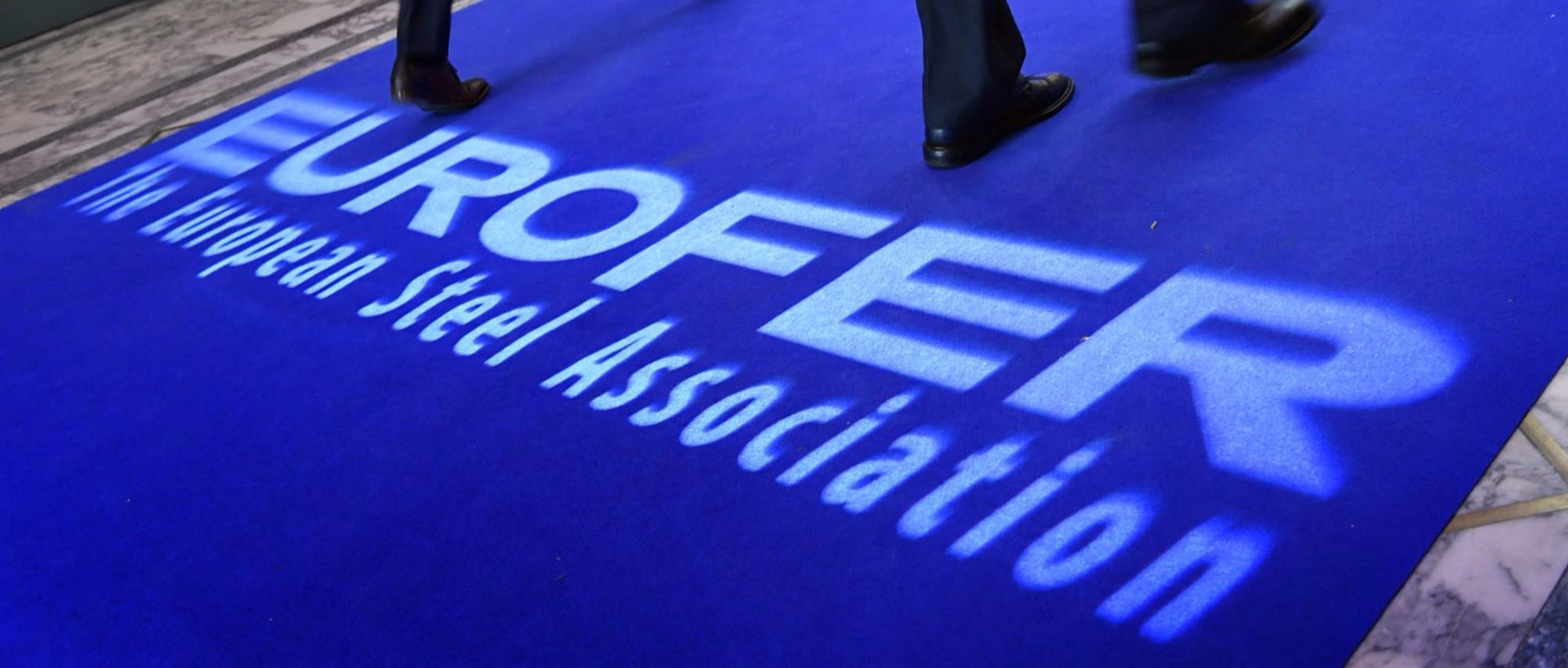


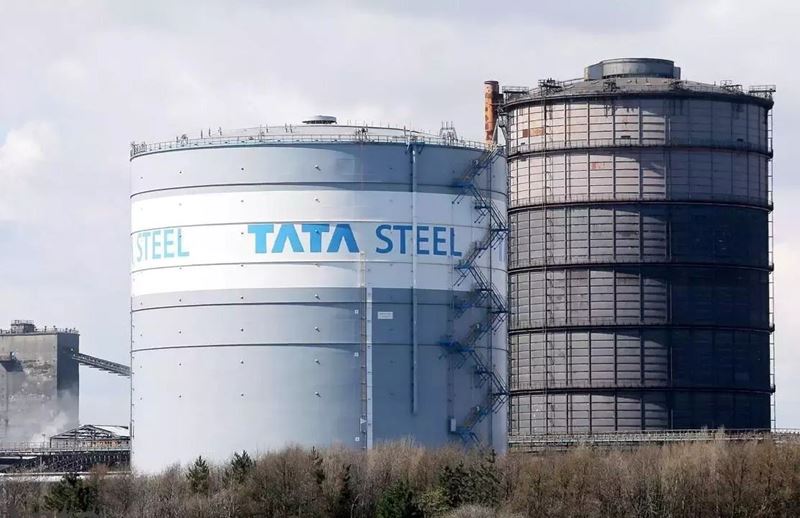
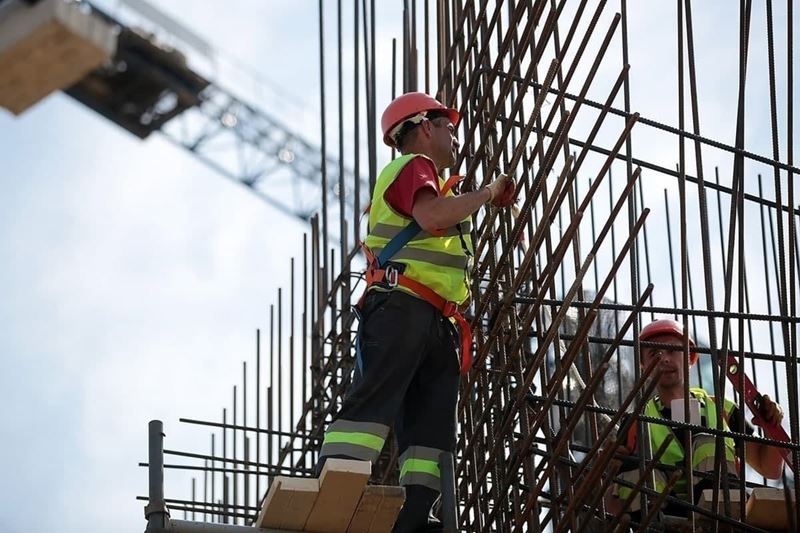
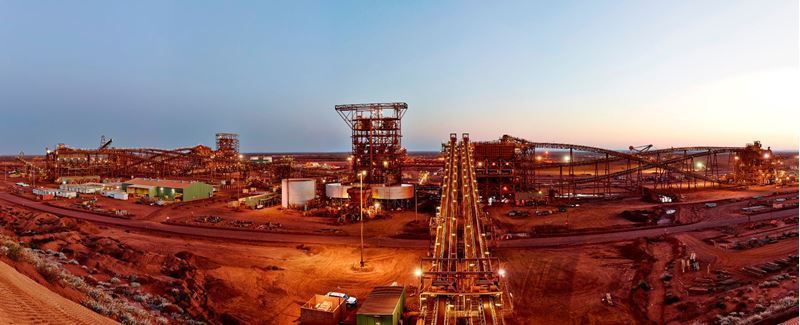
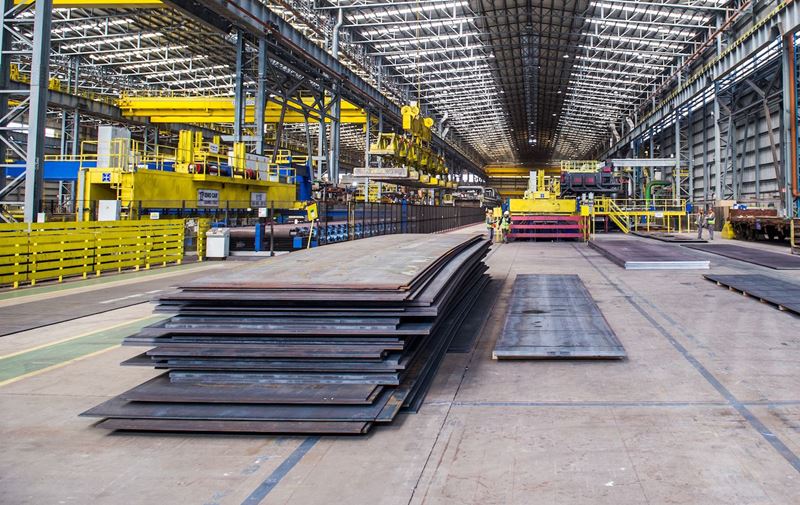
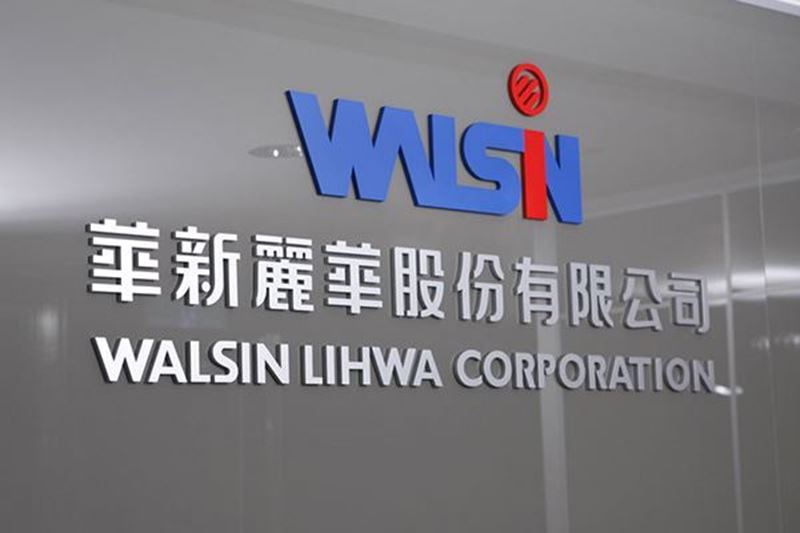

Comments
No comment yet.